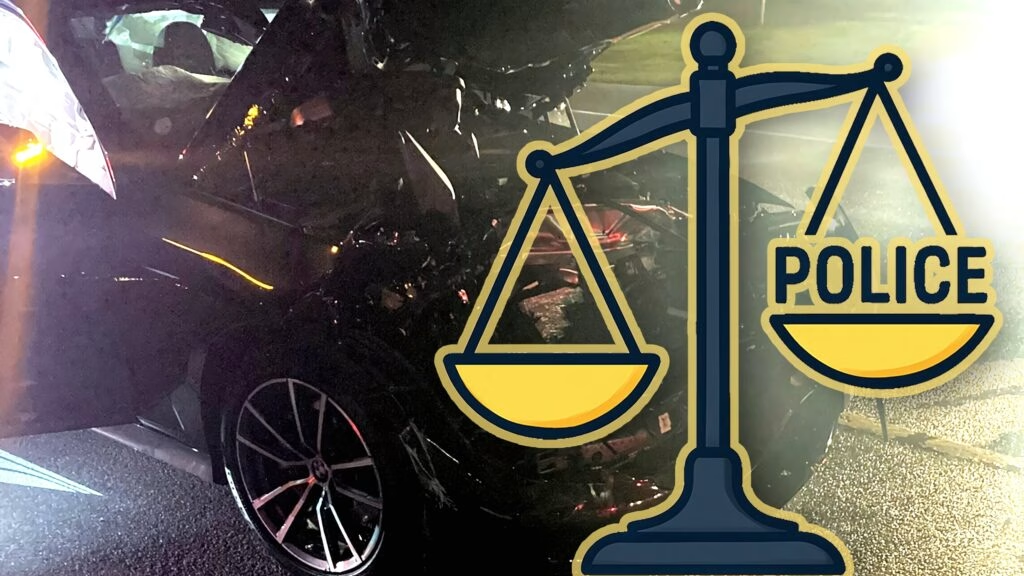What Happens When Police Officers Are Caught Drunk Driving in New York?
Dig into the details of police accountability, and you’ll find stories that make you shake your head. In New York, at least 17 police officers have sidestepped DWI charges since 2013—despite evidence they’d been drinking and driving. Some even admitted to downing several drinks before getting behind the wheel. Instead of facing criminal charges, most received nothing more than a suspension or a stern talking-to. So, why does this keep happening, and what does it mean for public trust?
Why Do Some Officers Avoid DWI Charges Despite Clear Evidence?
Let’s get specific. The pattern isn’t subtle. Records, recently made public after New York repealed its police disciplinary secrecy law in 2023, reveal officers crashing into guardrails, parked cars, and even showing up to work drunk—sometimes at fire scenes or crime investigations. Sobriety tests? Frequently skipped. In fact, out of all these cases, only one officer pleaded guilty to a lesser “driving while ability impaired” traffic violation.
Take the case of Ronald W. Wilson, an off-duty State Police investigator near Buffalo. He crashed his BMW into a Jeep. Witnesses said he smelled of alcohol, slurred his words, and could barely stand straight. But instead of a field sobriety test, he got a ride home from a fellow officer. Days later, Wilson admitted to drinking six cocktails and a shot before driving. His punishment? A 35-day unpaid suspension and a ticket for following too closely. He’s still on the force.
How Do Departments Justify Internal Discipline Over Criminal Charges?
Departments often treat these incidents as internal HR matters, not crimes. The investigation by New York Focus and The New York Times uncovered chiefs who crashed after late-night events, deputies who got into ATV accidents with conveniently muted body cameras, and officers who admitted to drinking nine or more drinks before reporting to duty. The consequences? Usually a short suspension, a reprimand, or—at most—mandatory alcohol checks before shifts.
Consider Ethan Mosher, a sergeant in Watkins Glen. He was seen drunk in public, then crashed his car and left the scene. He denied driving, got a suspension, and was promoted three years later to head of the department. No criminal charges. No loss of job.
What Does This Mean for Public Trust and Equal Justice?
Here’s where things get sticky. The law is supposed to apply to everyone. Ordinary New Yorkers caught driving drunk face jail time, license suspension, and hefty fines. But when officers are involved, the script flips. Instead of arrests and court dates, they get rides home and a slap on the wrist. It’s no wonder experts warn that weak statewide oversight lets departments shield their own from real consequences.
This double standard doesn’t just undermine trust—it can have real-world consequences. According to the National Highway Traffic Safety Administration, drunk driving killed over 13,000 people in the US in 2022. When those tasked with enforcing the law break it, and then avoid punishment, it sends a dangerous message about accountability.
Are There Signs of Change or Solutions on the Horizon?
The repeal of New York’s police secrecy law was a big step, finally letting the public see how these cases are handled. But transparency alone isn’t enough. Experts like Maria Haberfeld, a policing scholar at John Jay College, argue that real reform requires independent oversight. Without it, departments will keep handling these incidents behind closed doors.
Some states have started to experiment with civilian review boards and outside investigations for police misconduct. Early data from states like California and New Jersey suggest that independent oversight increases both accountability and public confidence. But progress is slow, and resistance from police unions remains strong.
What Can Ordinary Citizens Do About This?
It’s easy to feel powerless, but public pressure has already driven some change. The push to repeal secrecy laws came from years of advocacy by families, journalists, and community groups. If you care about equal justice, stay informed, support organizations pushing for transparency, and don’t be afraid to contact your local representatives. Sometimes, the squeaky wheel really does get the grease.
The big takeaway? Police accountability isn’t about perfection—it’s about smarter adjustments. Start with one change this week, and you’ll likely spot the difference by month’s end.

